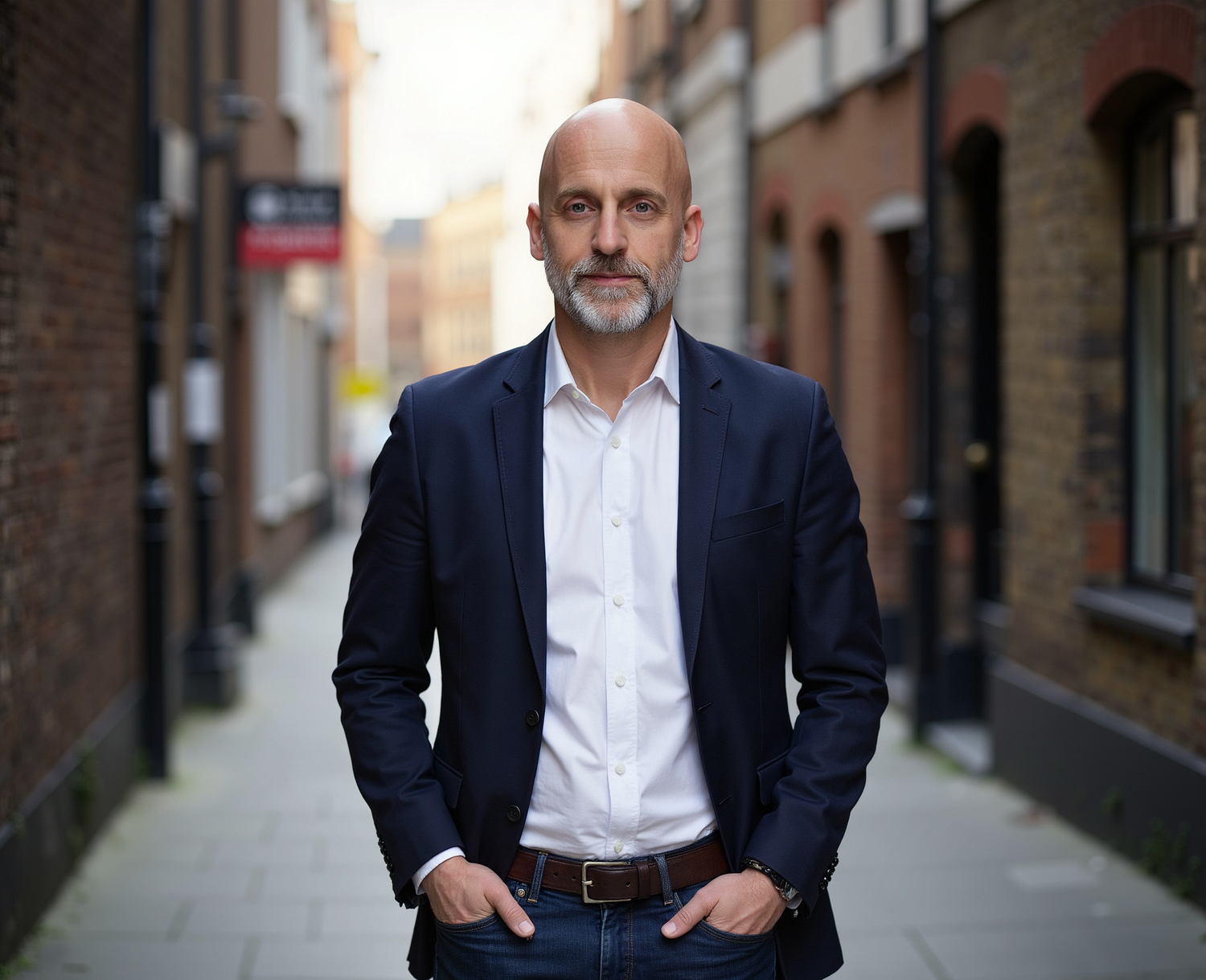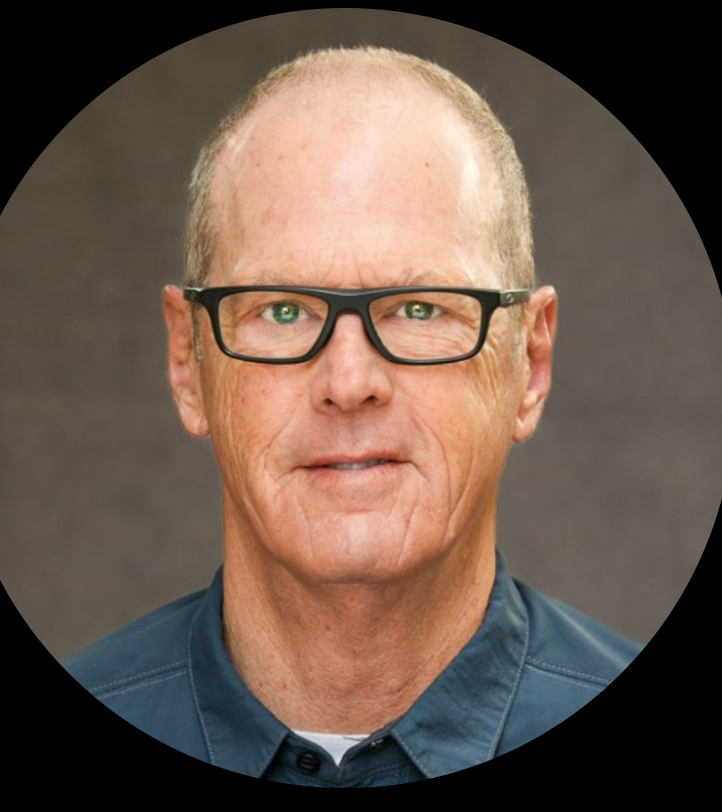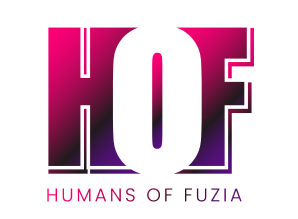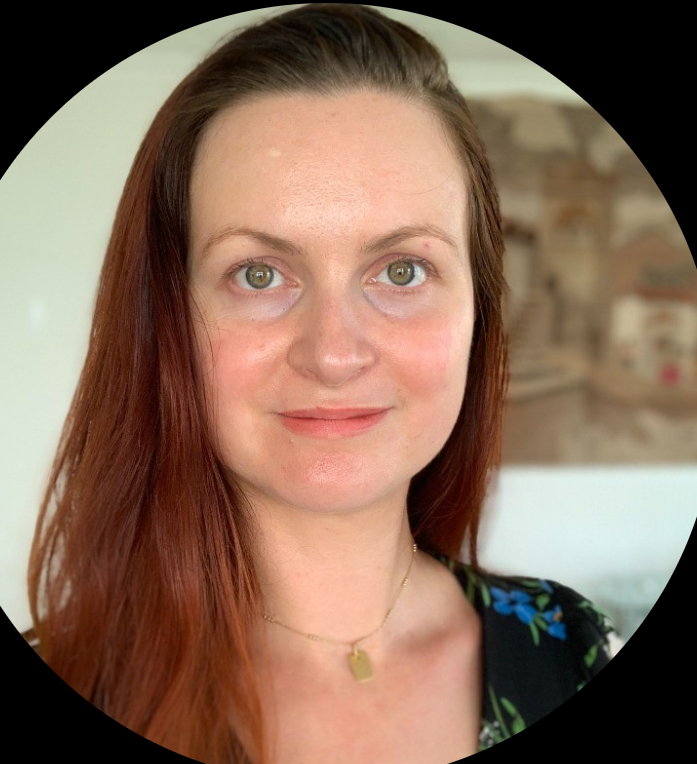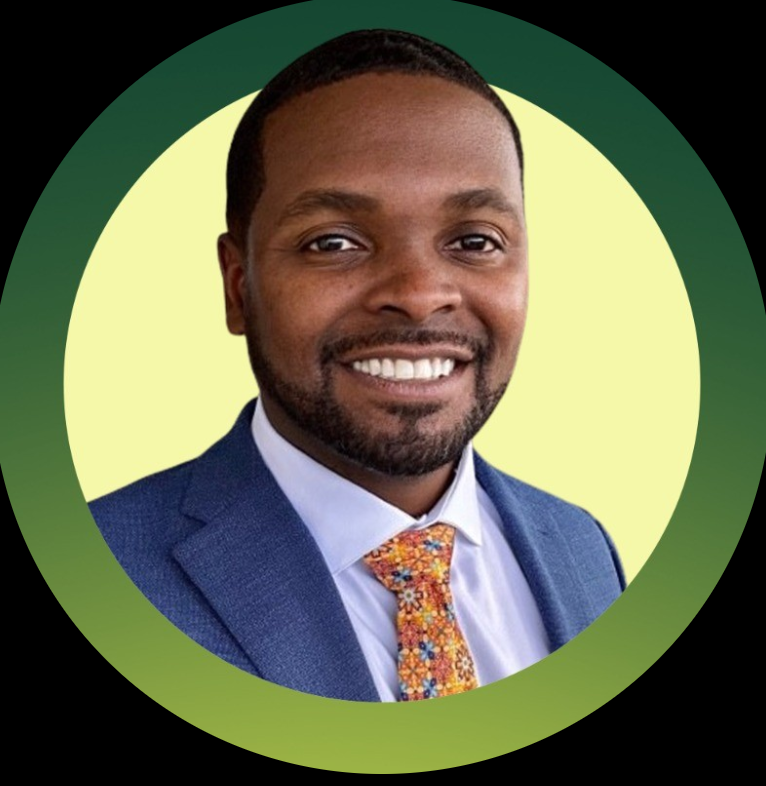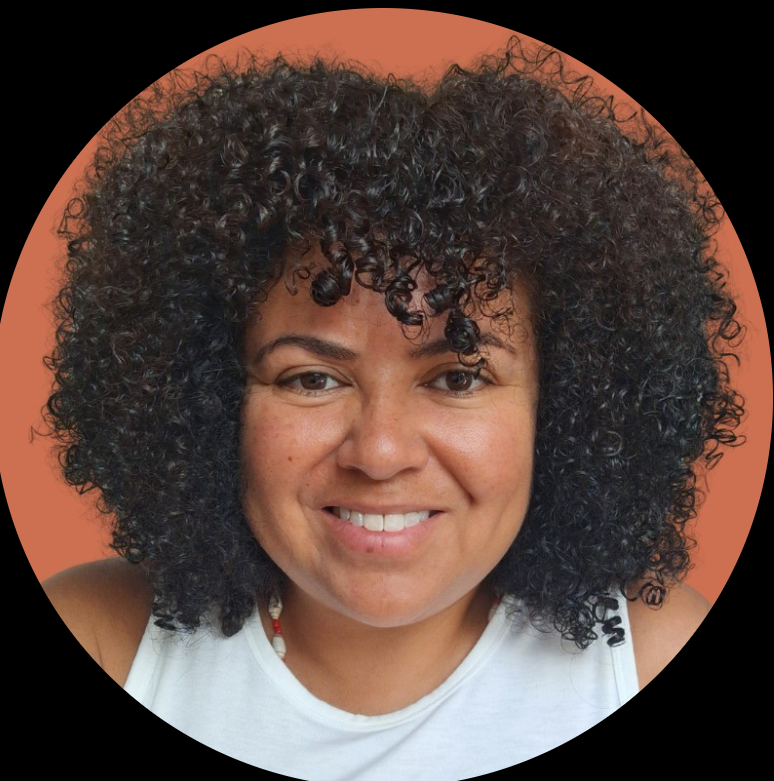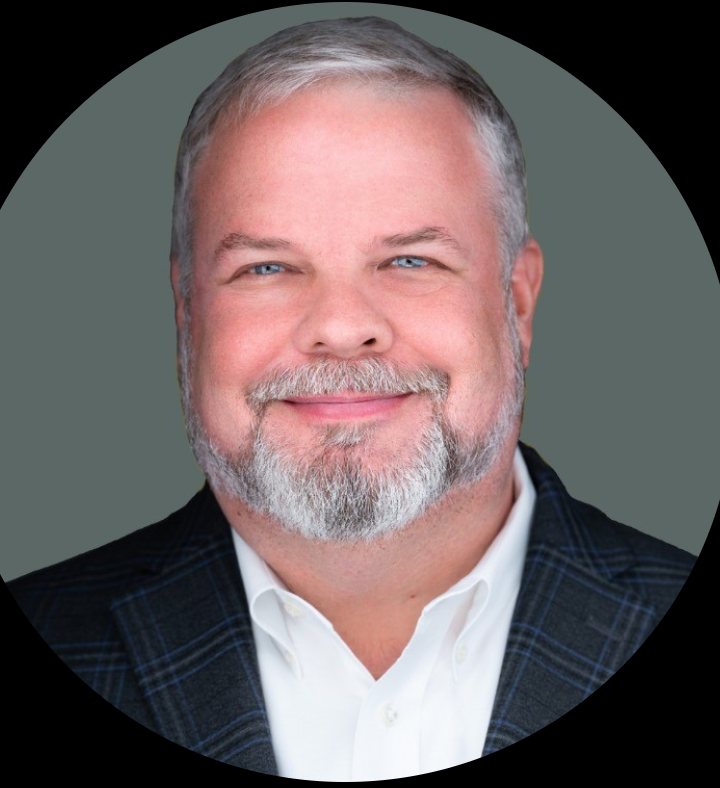Richard Achee is a visionary entrepreneur and AI strategist who left behind a successful corporate career at Google to found Found42, a company dedicated to empowering organizations and individuals through the responsible use of AI. He also leads a nonprofit, Breakbeat Code, which teaches coding and technical courage to underrepresented communities. Through his dual mission of AI innovation and inclusivity, Richard bridges the gap between technology and humanity. At Humans of Fuzia, we are proud to feature him as part of our global community of changemakers who are building a world where He for She and She for She thrive—advocating equality, empowerment, and purposeful innovation for our 5-million-strong network.
Q: Richard, you’ve spent a significant time in the corporate space. What inspired you to start something on your own?
Richard: The tech industry has seen massive disruption, with many large companies restructuring and shedding jobs. I realized that this was an opportunity for people like myself to become entrepreneurs. I had already been working on internal projects at Google that went beyond my role, one of which evolved into a nonprofit. When the restructuring happened, I had a choice—to find another role at Google or step out and build something of my own. I chose the latter, and it’s been an exciting journey since.
Q: Tell us more about your company, Found42, and the people you aim to empower through your work.
Richard: Found42 focuses on helping organizations and individuals become AI-empowered. Our mission is to show that AI should augment human intelligence—not replace it. We primarily work with C-level executives and AI champions within companies. We help leaders understand both the potential and limitations of AI, while encouraging employees to use these tools creatively to amplify their own impact. When humans and AI collaborate, the outcomes are often far greater than either could achieve alone.
Q: What kind of positive impact have you seen your work create for your clients and communities?
Richard: For executives, AI serves as a creative thought partner—it can challenge ideas, test strategies, and generate fresh perspectives. For individuals, especially those who embrace AI responsibly, it creates space for higher-level thinking—empathy, creativity, and strategy. We teach people how to integrate AI in ways that enhance human judgment rather than replace it. That balance between human insight and AI efficiency is where real transformation happens.
Q: Many professionals experience imposter syndrome when entering new or innovative spaces. What’s your perspective on that?
Richard: No one is immune to imposter syndrome. In fact, a healthy level of self-doubt keeps us grounded and open to learning. I always tell my students—especially those from underrepresented communities—that if you’re in the room, you’ve earned your place there. Often, you’ve had to work even harder to get there. Remember that you belong, and your perspective matters deeply.
Q: Knowing what you know now, what would you have done differently when you started your entrepreneurial journey?
Richard: I would have been more disciplined about structuring my time. Moving from a corporate environment to entrepreneurship means your day becomes completely unstructured. Now, I rely on time-boxing—allocating specific blocks of time for content, outreach, or systems work. It keeps me focused and helps balance creativity with consistency.
Q: How do you personally define success, both professionally and personally?
Richard: Success, for me, is about being on the side of AI empowerment—where technology uplifts humans rather than replaces them. I want to ensure that women and underrepresented groups are part of shaping this future. Diverse teams make better, fairer decisions, especially when developing AI systems. Beyond technology, success also means fostering empathy, creativity, and fairness—the traits that make us human.
Q: What are some challenges you’ve faced as an entrepreneur in the AI space?
Richard: There’s a lot of noise in the AI world—too much content that lacks authenticity. The key challenge is to remain genuine and use AI as a tool for inspiration, not imitation. People can tell when content comes from a place of authenticity. That human touch is what makes work truly stand out.
Q: What kind of legacy do you hope to leave behind with your work?
Richard: My dream is to one day ring the bell at the New York Stock Exchange surrounded by entrepreneurs I’ve mentored since high school—individuals from all backgrounds who’ve gone on to build successful ventures. If I can have even a 1% positive impact on their journeys—helping them with skills, confidence, and connections—that would be my legacy.
Q: Is there anything exciting you’re currently working on?
Richard: Yes! We’re hosting a Global C-level AI Workshop where I’ll teach executives how to use AI tools like ChatGPT as advisory partners and creative collaborators. It’s all about helping leaders personalize these tools to match their communication styles and decision-making processes. It’s a free initiative, and I’m truly excited about its potential to create more informed and empowered leaders.
“As we embrace AI, we must remember—it’s not about replacing human intelligence but amplifying it. The future belongs to those who combine technology with empathy, creativity, and purpose.” – Richard Achee
Connect with Richard Achee:
https://www.linkedin.com/in/richardachee
Want to be featured?
If you’d like to be featured in the Humans of Fuzia series, email us at fuziatalent@fuzia.com.



